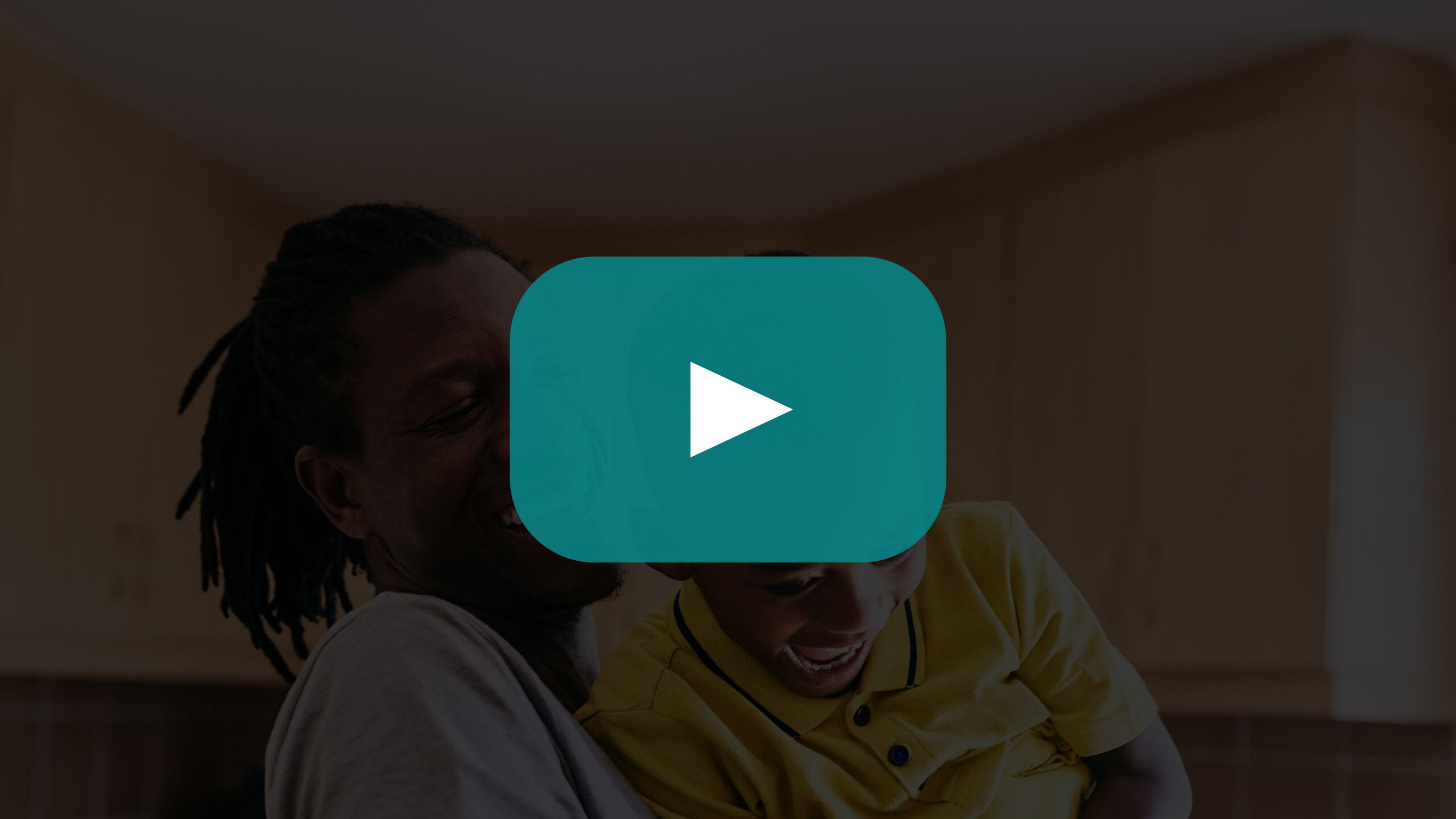Nutrition and Leukemia: Your Questions Answered
Virtual education program held on 5/8/2023 for leukemia patients, families, and healthcare professionals, hosted by Leukemia Research Foundation and Cancer Wellness Center.
Lori Bumbaco, expert oncology dietitian, offered trustworthy information about nutrition while living with leukemia.




